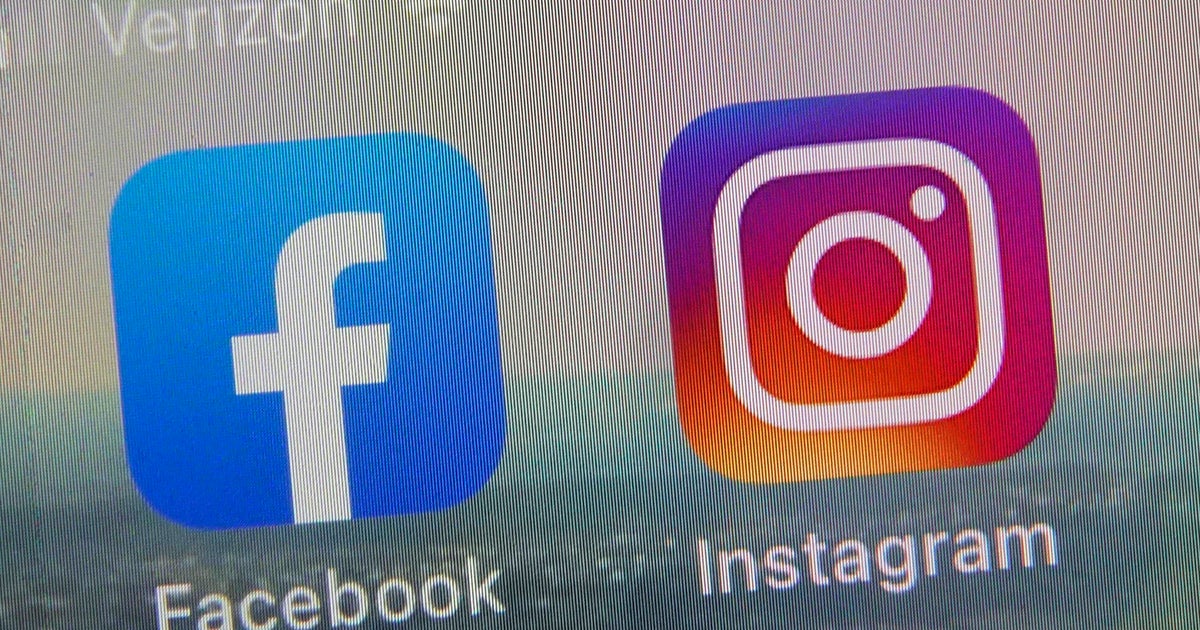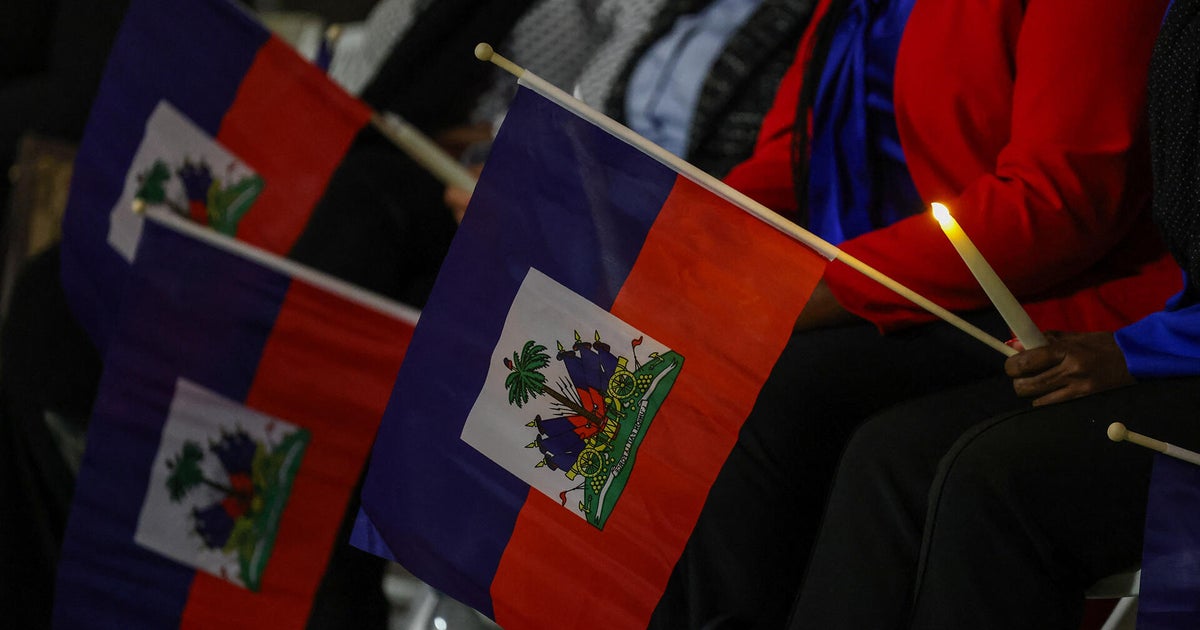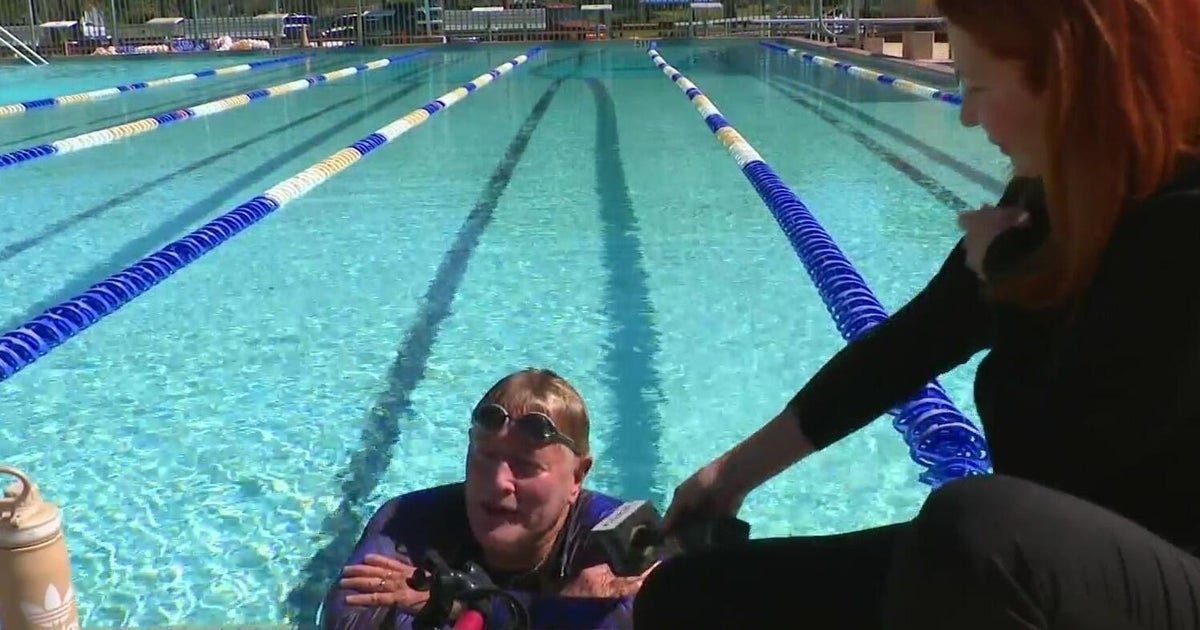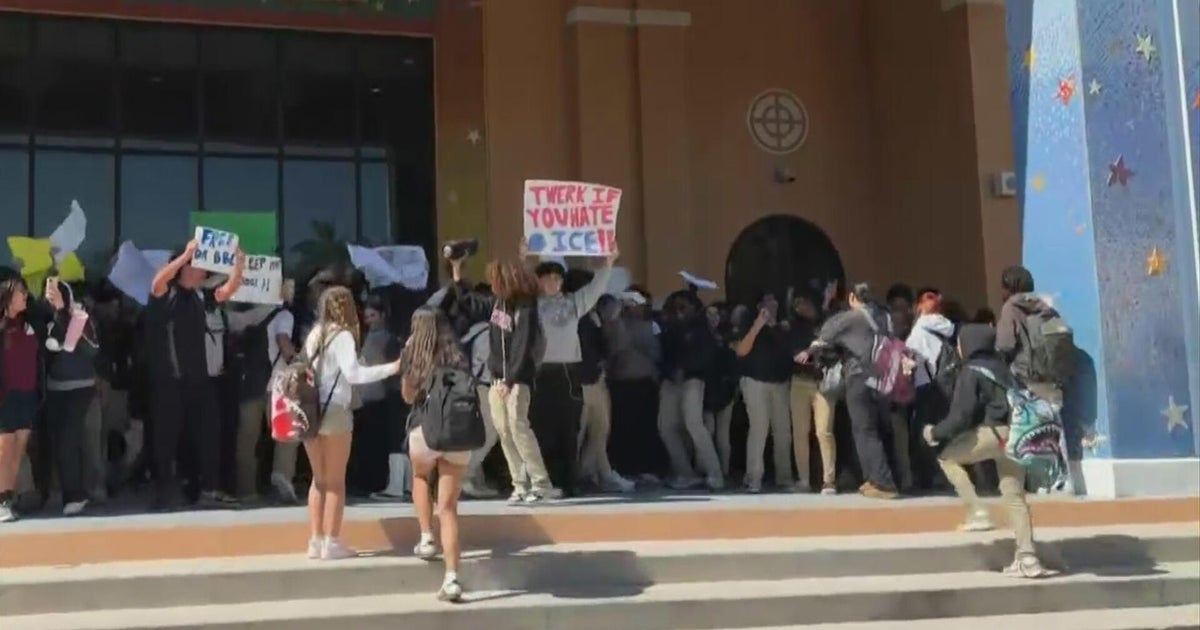TALLAHASSEE – With the U.S. Supreme Courtroom poised to hear arguments following month, Florida is disputing that a 2021 condition regulation positioning restrictions on big social media platforms violates 1st Modification rights.
In a 50-web page transient submitted very last week, attorneys for the state contended that platforms this kind of as Fb and X ought to be regarded as like phone firms and explained the Initial Modification does not give platforms “constitutional license to selectively silence the speech of individuals they could host.”
The law, in aspect, would stop big platforms from banning political candidates from their internet sites and involve companies to publish — and utilize regularly — criteria about problems this sort of as banning consumers or blocking their content.
“In hosting billions of speakers and petabytes of content material, the platforms are engaged in business enterprise activity – carry out – that may be regulated in the public curiosity,” the state’s brief explained. “The First Amendment does not afford all those who host 3rd-occasion speech a appropriate to silence the hosted speakers or to address them arbitrarily. The phone organization, world wide web services provider, and delivery enterprise can all be prevented from squelching or discriminating from the speech they have. And so can the platforms.”
The state needs the Supreme Court to overturn a determination by the 11th U.S. Circuit Court of Appeals that blocked critical pieces of the law, which Gov. Ron DeSantis and the Republican-controlled Legislature passed following Facebook and Twitter, now regarded as X, blocked previous President Donald Trump from their platforms immediately after Trump supporters stormed the U.S. Capitol on Jan. 6, 2021.
The tech-industry teams NetChoice and the Computer & Communications Sector Association challenged the constitutionality of the regulation. Tallahassee-centered U.S. District Choose Robert Hinkle issued a preliminary injunction blocking the evaluate, and most of Hinkle’s ruling was upheld by the appeals court. Hinkle described the law as “riddled with imprecision and ambiguity.”
In a November brief at the Supreme Court docket, lawyers for the business teams contended the law was intended to punish social media platforms that were perceived as obtaining a liberal viewpoint.
“Though the condition is no cost to criticize internet sites for their conclusions about what information to display, disseminate, take out or restrict, the Very first Modification prohibits the state from countermanding individuals editorial choices and substituting its personal judgment,” the group’s temporary claimed. “Just as Florida might not explain to the New York Periods what view pieces to publish or Fox News what interviews to air, it might not convey to Fb and YouTube what material to disseminate. When it arrives to disseminating speech, decisions about what messages to contain and exclude are for private functions – not the govt – to make.”
The Supreme Courtroom will listen to arguments Feb. 26 in the circumstance and a challenge to a identical Texas legislation. In contrast to the 11th Circuit, the 5th U.S. Circuit Court docket of Appeals supported constraints on social media platforms in the Texas law.
The Florida regulation (SB 7072) applies only to specific huge platforms. In the brief previous 7 days, the state’s lawyers likened the platforms to what are regarded as “typical carriers.” In addition to telephone corporations, it cited telegraph businesses from the 1800s.
“SB 7072 does very little more than need the platforms to adhere to their normal business exercise of holding them selves open up to all comers and written content, which is how typical-carrier regulation has functioned for generations,” the short mentioned. “The legislation interferes with no information basically by keeping the platforms to their representations to people about what their censorship principles call for.”
The state’s legal professional also wrote that the “threshold question is no matter whether Florida’s law targets conduct or expression. And the govt regulates perform when it prevents a personal entity that normally opens its doors to all speakers and speech from arbitrarily censoring those people speakers. That principle is rooted in precedent, reason, and heritage.”
But in the November transient, lawyers for the marketplace groups disputed this sort of arguments, expressing there is no “typical legislation tradition of imposing prevalent-provider-like restrictions on non-public parties that disseminate curated collections of speech.”
“In hoping to characterize SB 7072 as typical-carrier regulation, Florida simply cannot signify that the websites specific for regulation by now run as widespread carriers, and hence are matter to some increased degree of regulation,” the group’s transient mentioned. “Without a doubt, the genesis of SB 7072 was that Florida lawmakers did not like how the focused businesses were being performing exercises discretion around which articles to disseminate and how. Consequently, Florida does not search for to control the specific web-sites because they already are popular carriers it seeks to change them into frequent carriers that need to disseminate the messages of all comers (or at the very least the state’s hand-picked most popular speakers). But that is just a different way to explain the state’s impermissible effort to force a distinctive and a lot more indiscriminate editorial plan onto firms engaged in the dissemination of speech.”




